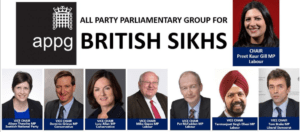
We have reproduced in full (below) notes of minutes circulated to members of The Sikh Federation UK (SFUK) run All Party Parliamentary Group (APPG) for British Sikhs.
APPG FOR SIKH FEDERATION
Notes on Meeting held 23-7-19 to examine the Supposed Rationale of referring to Sikhs as an Ethnic Group
Venue: The meeting took place 9.45 am Room W4
Attendees: Preet Gill MP, Pat McFadden MP, Dominic Grieve MP, Mike Gapes MP, Tanmanjit Dhesi MP (joined halfway through the meeting), Lord (Ranbir) Suri, Lord (Indarjit) Singh of Wimbledon.
(Initials will be used to attribute comments in this Note).
Background to Meeting
IS, concerned that the Federation, the successors of the formerly proscribed ISYF were misleading Members of House, had for months been asking for an opportunity to present a view on ethnic monitoring that was consistent with majority Sikh thinking and with Sikh theology. PG, averse to open discussion initially tried to prevent this, and later, successfully minimised attendance by delaying the meeting to a relatively early hour close to the recess. Correspondence also shows that her office had repeatedly refused to provide a list of MPs (who had supposedly signed support for the Federation), for them to be sent briefing documents and a note on the importance of open discussion on the issue.
The Meeting
At the start of the meeting, PG questioned the credentials of IS to speak on this issue and IS began to respond saying he was Director of the Network of Sikh Organisations (NSO) the largest umbrella body of gurdwaras in the UK. When IS began to detail some of the main areas of activity, PG interrupted to say that was fine. [Details of NSO Activities are appended]
The Presentation
The detailed presentation, for which there was general agreement and appreciation, is appended.
Ethnic Group
In response to a statement by IS that no other world religion called itself an ethnic group, MG said that the Jewish community (which unlike Sikhs, accepts converts only through marriage), could be considered an ethnic group. IS agreed, saying that Jews had considered this but saw no advantage. It was noted by all that Jews and Muslims had gained much more by successful lobbying.
Supposed Practical Advantages of calling Sikhs an ethnic group.
PG said we should not bring Sikh theology into discussions on calling Sikhs an ethnic group. IS disagreed saying Sikh teachings must underpin all policies affecting the Sikh community.
PG, supported by PMcF, raised the issue of Sikh families who had come to her area of Smethwick from Italy, and their difficulties over housing. IS said that they deserved support, but masking religion as ethnicity would not help. Public sector housing is allocated on need and not on supposed ethnicity. Also, many Sikhs would feel it insulting and contrary to Sikh teachings to have a world religion open to all, reduced to a single ethnicity tied to Punjab. They would put their country of origin in the ethnic tick box and tick Sikhism under religion. It was, in an aside, agreed by all, that Sikhs had an above average home ownership.
Reality behind Federation demand for calling Sikhs an ethnic group.
IS explained that the Federation were deliberately conflating a misunderstanding of the limited nature of the Mandla case under the (now repealed) 1976 RR Act), to claim that Sikhs were an ethnic group per se, so that Sikhs could call themselves a nation (see their website). This would, in the Federation’s view, help them advance the case for a homeland in India. DG concurred that he was aware of this political dimension.
The downside of pursuing an ethnic category for Sikhs.
This is detailed in the attached Presentation.
At the meeting, IS also stressed that obsessional focusing on ethnic monitoring is diverting attention from unfairness and discrimination being suffered by Sikhs for being members of the Sikh Faith. The Government’s Hate Crime Action Plan gave 45 examples of hate crime suffered by members of the Abrahamic faiths. There was no mention of the suffering of Sikhs, Hindus and others. A FOI request by the NSO showed that the Anti-Muslim Hatred Working Group paid expenses to 11 members as well as supplying considerable government support. IS asked where is the Anti-Sikh Hatred Working Group? IS continued by reminding the meeting that the MET records most attacks on Sikh as Islamophobia. He also noted that the NSO was alone in their successful campaign to exclude Sikhs from being described as a Dharmic Faith in MHCLG correspondence. He added that no support was given to the NSO by the Federation in other areas of concern. He did not elaborate as DG indicated that he had another meeting to go to and because these issues were more internal to the Sikh community. Further information can be given if requested.
At the conclusion of the meeting, DG commented that the debate on ethnicity could be academic if the Federation won their case. He thanked IS for an informed and thought-provoking contribution.
The meeting ended at 10.35 am.
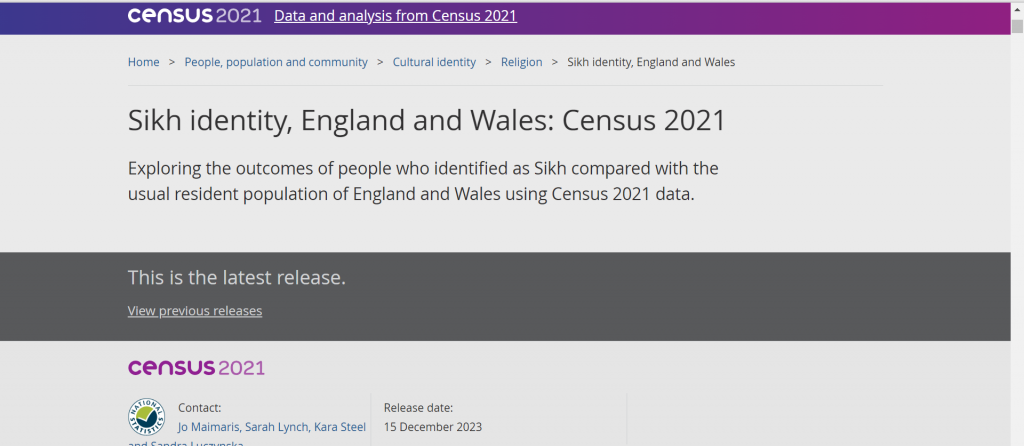


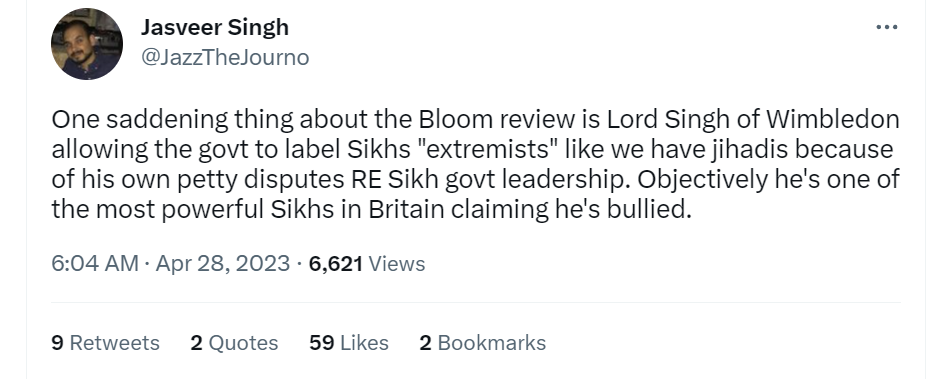
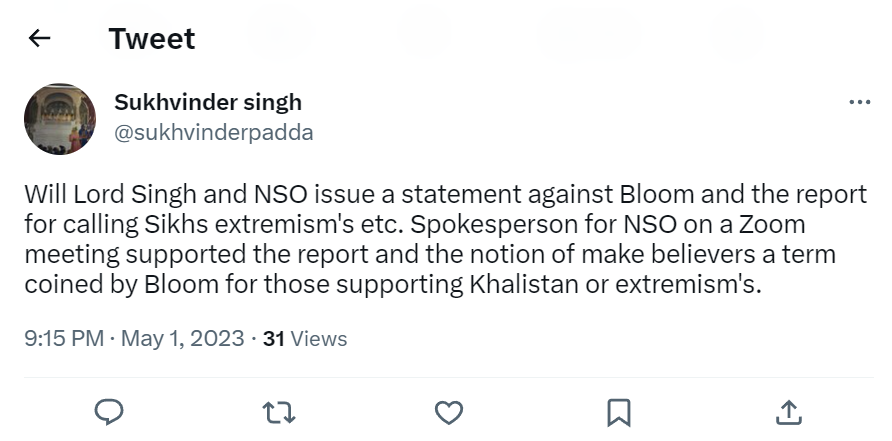
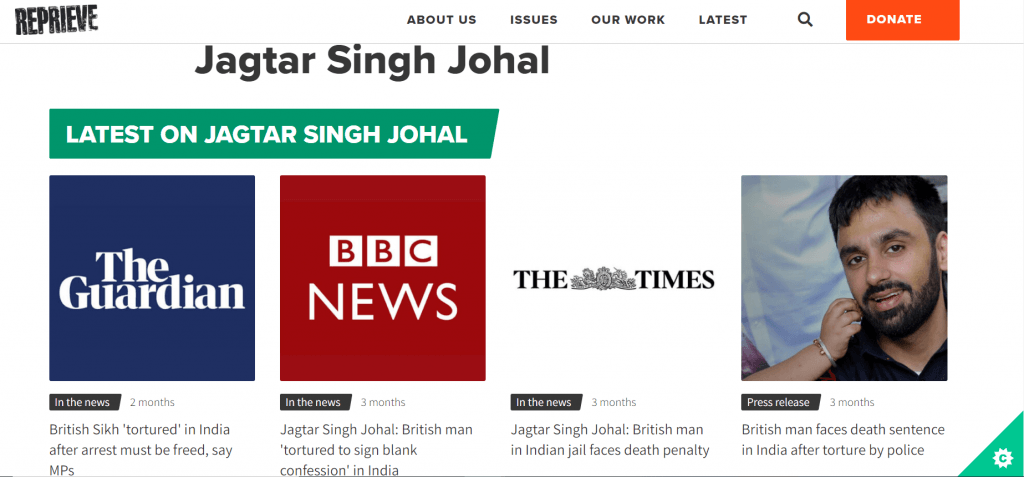
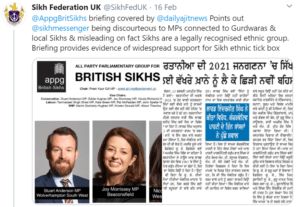 It is no secret our relationship with the Sikh Federation UK (SFUK) has been difficult over the years, especially considering our opposition to their ‘ethnic’ tick box campaign. The SFUK has previously described our Director as ‘an 85-year old dinosaur’,
It is no secret our relationship with the Sikh Federation UK (SFUK) has been difficult over the years, especially considering our opposition to their ‘ethnic’ tick box campaign. The SFUK has previously described our Director as ‘an 85-year old dinosaur’,
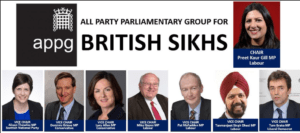
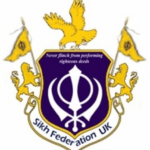
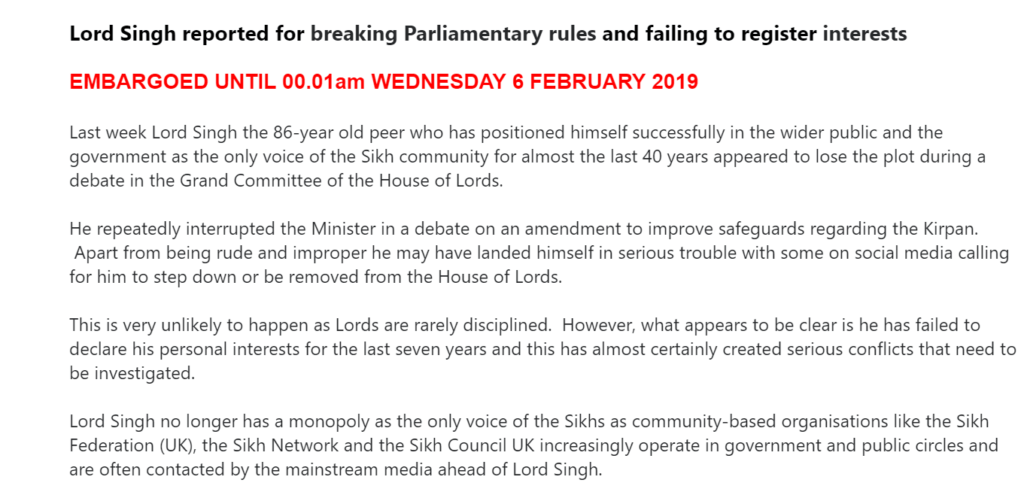
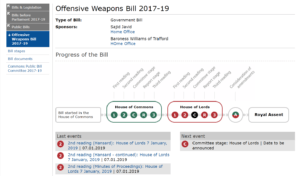 Our Director Lord Singh intervened in a debate on the second reading of the Offensive Weapons Bill earlier this week to ensure the Sikh practice of honouring people with full-length kirpans is fully protected under law. As it stands, the draft Bill retains the existing legal protection for the religious use of a kirpan, however ‘honourary’ kirpans – given to dignitaries (not just Sikhs) as an appreciation of service, would fall outside the proposed legislation and be criminalised. This concern was not addressed in either the Commons debate or in the minor wording change in the ‘photo op’ meeting of the Sikh Federation UK (SFUK) with government officials.
Our Director Lord Singh intervened in a debate on the second reading of the Offensive Weapons Bill earlier this week to ensure the Sikh practice of honouring people with full-length kirpans is fully protected under law. As it stands, the draft Bill retains the existing legal protection for the religious use of a kirpan, however ‘honourary’ kirpans – given to dignitaries (not just Sikhs) as an appreciation of service, would fall outside the proposed legislation and be criminalised. This concern was not addressed in either the Commons debate or in the minor wording change in the ‘photo op’ meeting of the Sikh Federation UK (SFUK) with government officials.